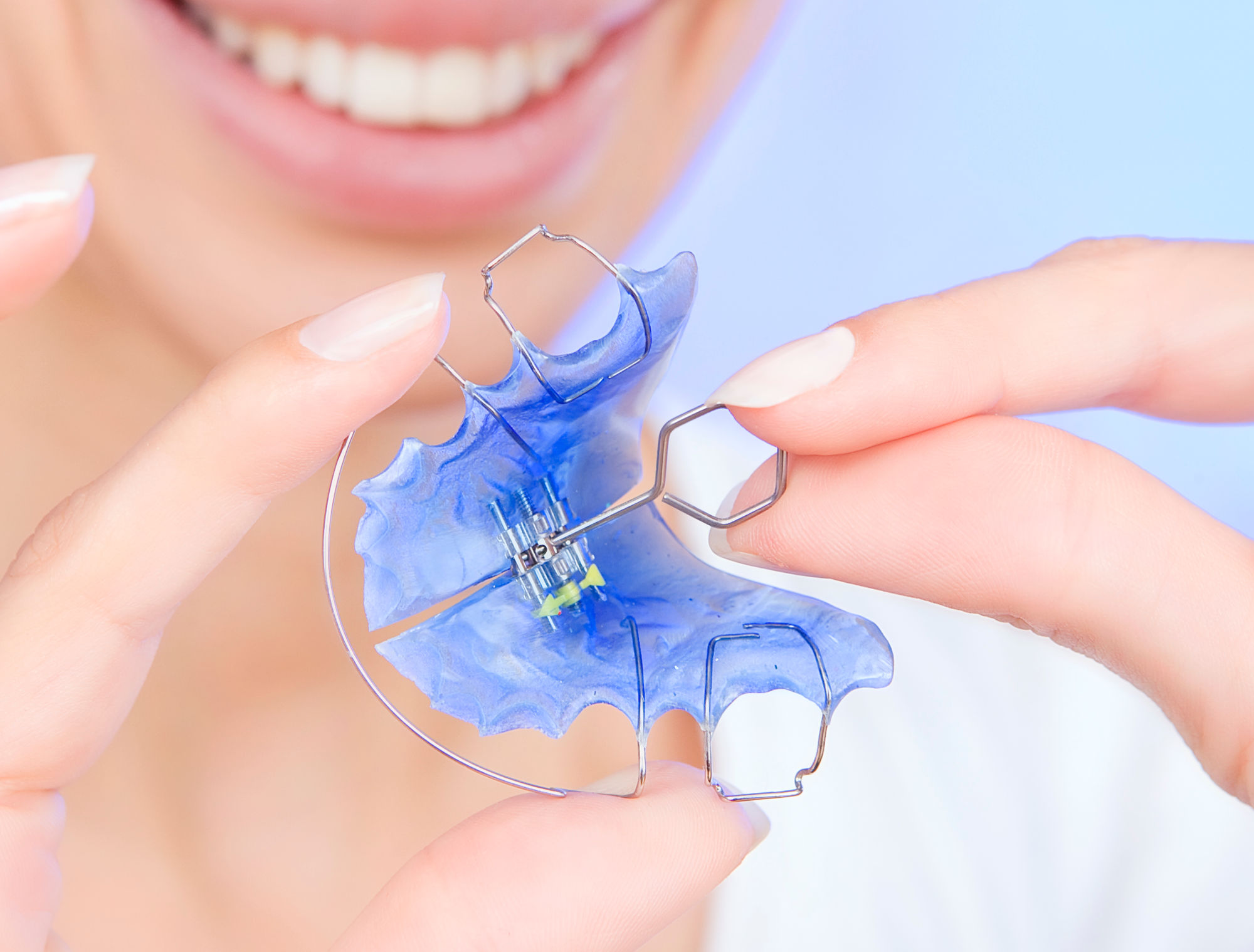Contents

Everything You Need to Know About Night Guards and Retainers
Do you dream of a perfect smile but the idea of wearing braces during the day puts you off? What if the solution lies with nighttime appliances? Often misunderstood, these orthodontic devices can be very effective for certain specific indications. But beware, contrary to popular belief, they cannot correct all alignment issues overnight while you sleep! Discover everything you need to know about these nighttime appliances, their utility, their advantages, and their limitations.
Is There a Specific Orthodontic Appliance for Nighttime Use?
If you want to straighten misaligned or crooked teeth, know that there is now a wide variety of orthodontic appliances, adapted to each case and patient profile. However, to be effective, these appliances must be worn nearly full-time, making a "night-only" active treatment impossible for straightening teeth.
| Appliance | Advantages | Disadvantages |
|---|---|---|
| Clear Aligners |
|
|
| Lingual Braces |
|
|
A Nighttime Appliance for Retention, Yes... But That's Not All!
While there is no "night-only" orthodontic appliance for straightening teeth, nighttime wear is essential in certain specific situations, especially during the post-treatment retention phase.
The Critical Importance of Retention
Once the active orthodontic treatment is complete and the braces are removed, it is essential to stabilize the result to prevent any relapse. This is where retainers come in, to be worn for several months to several years depending on the case. Two types of devices exist:
- Fixed retainers: a metal wire is bonded to the back of the teeth to permanently maintain their alignment.
- Removable retainers: this can be a clear thermoformed tray or a resin appliance with a metal arch (sometimes called a Hawley retainer). These appliances are to be worn only at night, or with decreasing frequency.
Good Habits to Adopt with a Nighttime Retainer
To optimize the effectiveness of your appliance, a few simple rules apply:
- Strictly adhere to the prescribed retention period.
- Attend regular check-ups with your orthodontist.
- Wear your removable appliance every night at first, then as directed.
- Clean your appliance daily.
Remember that orthodontic treatment doesn't end the day the braces come off: retention is a full-fledged stage that determines the longevity of your new smile!
A Closer Look at Other Nighttime Dental Appliances
While retention is the most frequent indication for wearing a dental appliance during sleep, other orthodontic or occlusal devices may be prescribed for exclusively nocturnal use.
Orthodontic Headgear
Often called "headgear" or "facebow," these appliances are used to treat certain severe malocclusions, especially in growing children, by guiding jaw growth. They use straps around the head or neck for anchorage.
Mandibular Advancement Devices for Anti-Snoring
Similar in form to retainers, these appliances aim to advance the tongue and lower jaw to open up the airway and reduce snoring and sleep apnea. Custom-made from impressions, they consist of two trays connected by an adjustable mechanism.
FAQ
Is there a dental appliance just for nighttime?
No, there is no appliance that can correct the position of the teeth "overnight." Most orthodontic devices must be worn continuously, day and night, to be effective. Only certain very specific appliances (retainers, night guards, headgear...) are reserved for nighttime wear.
Why wear a retainer at night?
Wearing a retainer at night is essential after orthodontic treatment to permanently stabilize the results and prevent any relapse.
What are good habits with a nighttime dental appliance?
To optimize the effectiveness of your appliance, remember to: wear it as prescribed, see your practitioner regularly, and meticulously maintain your appliance.
Conclusion
As you've understood, there is no "miracle" dental appliance that can realign your teeth while you sleep. Most orthodontic devices must be worn continuously, day and night, to effectively act on the position of the teeth. However, exclusive nighttime wear can be relevant in certain specific situations, such as early treatments for malocclusions or the post-orthodontic retention phase. Whatever the indication, these "nighttime" appliances can only be prescribed by an orthodontist after a personalized assessment.
